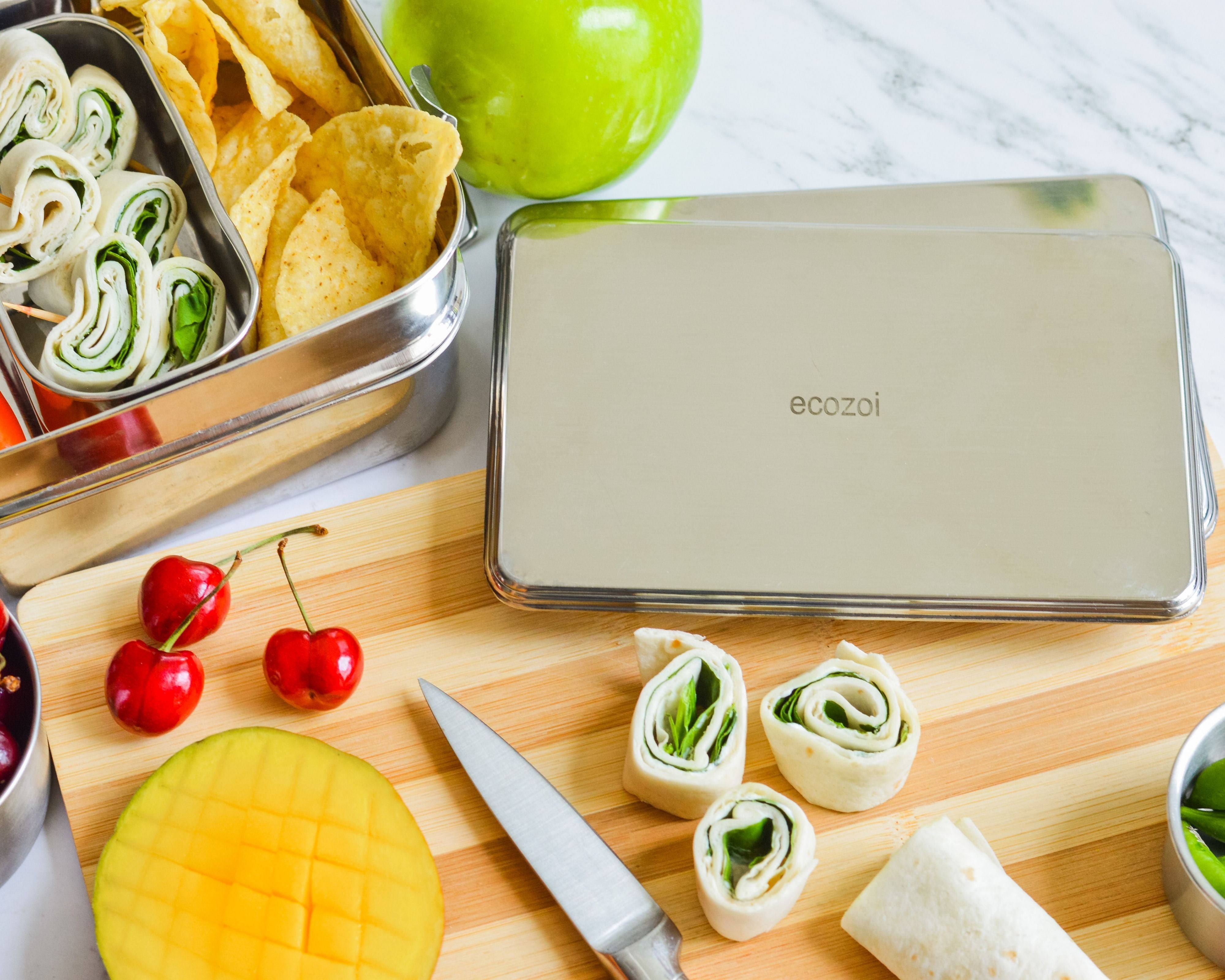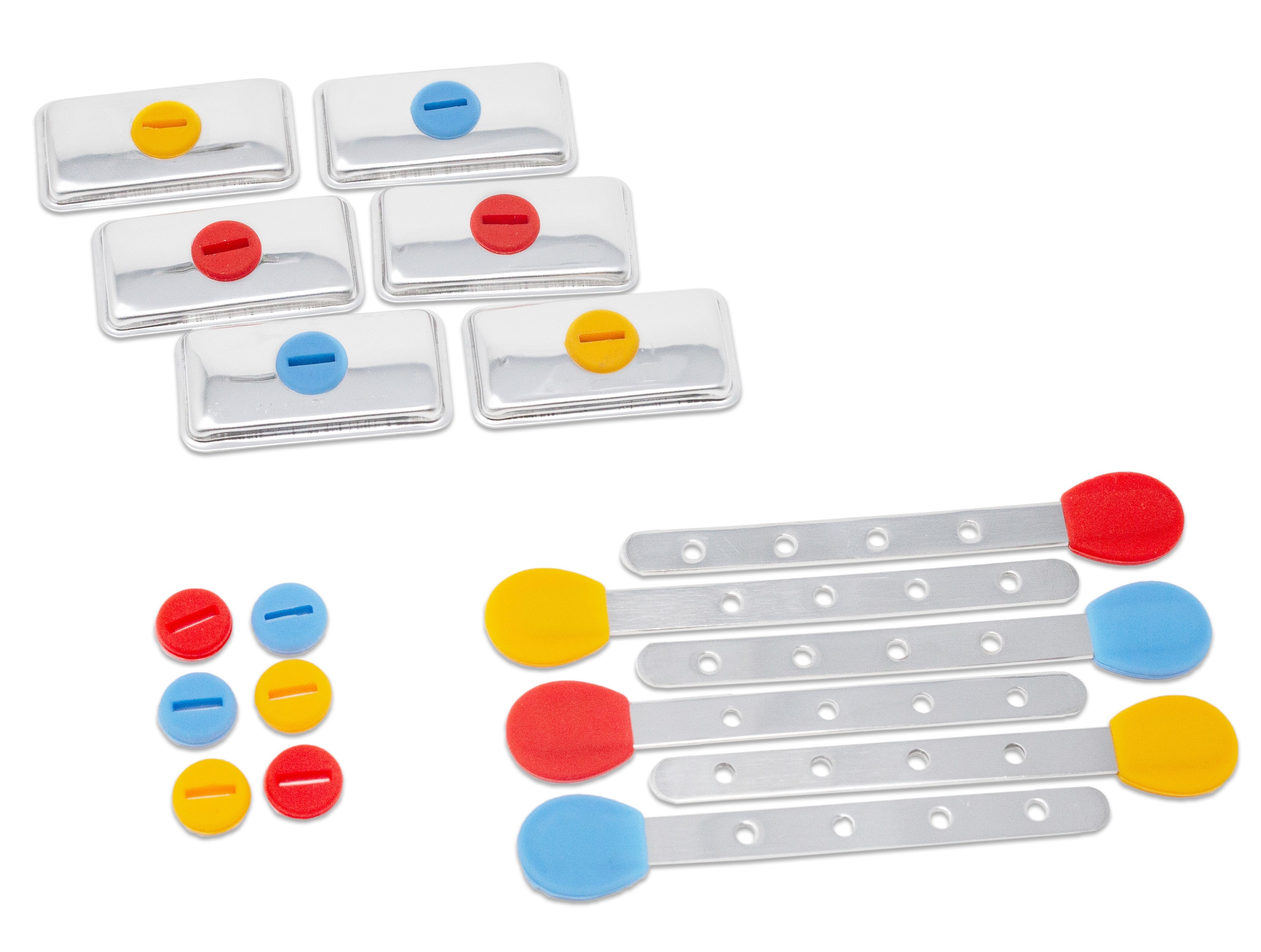Embracing Minimalism: Decluttering and Simplifying for a Lighter Footprint
In today's fast-paced world, minimalism has emerged as a powerful cure for excessive consumption. Embracing minimalism goes beyond just decluttering our physical spaces; it is a lifestyle choice that seeks to simplify and prioritize what truly matters. So, let’s explore the fascinating journey of adopting minimalism and simplifying for a lighter footprint.
How Decluttering Leads to a Lighter Footprint
Decluttering is a pivotal step towards achieving a lighter ecological footprint as it directly addresses the root causes of overconsumption. When we declutter our living spaces, we take a conscious inventory of our belongings and critically assess their necessity. This process allows us to identify and let go of items that no longer serve a purpose. By doing so, we curb the impulse to constantly buy and accumulate new things, thereby decreasing our overall consumption. The act of decluttering also promotes mindful consumption. As we become more aware of the items we own and their environmental impact, we are better equipped to make sustainable choices. We are more likely to favor durable, eco-friendly, and ethically produced products over disposable or trend-driven items.
Furthermore, decluttering and simplifying for a lighter footprint can lead to a change in mindset and a shift towards a more minimalist lifestyle. The focus shifts from material possessions to experiences, relationships, and personal growth. As we prioritize what truly brings us joy and contentment, we are less inclined to seek fulfillment through excessive consumption. This shift in values aligns with a greener, more sustainable way of living, as it encourages a conscious and intentional use of resources. Additionally, decluttering often involves donating or repurposing unwanted items, contributing to a circular economy and reducing the strain on landfills. By extending the life of these possessions, we minimize their environmental impact and promote resource conservation.

Decluttering Sustainably
To begin, opt for repurposing and reusing items within your home before considering discarding them. Upcycling old furniture or repurposing containers for storage not only reduces waste but also adds a unique touch to your living space. When decluttering, sort items into categories, such as donate, recycle, or compost, to ensure they are properly disposed of without contributing to landfill waste. One of the best times in life to declutter is when moving into a new home. Not only will you declutter your home, but you’ll also make your relocation more sustainable with fewer things to transport. Luckily, the entire process can be sustainable with eco-friendly packing options. Once you move, you can reuse the packing supplies as storage solutions. Also, consider donating usable items to local charities or thrift stores, giving them a second life and benefiting others in need.
Decluttering Can Lead to Better Organization and a Great Sense of Contentment
Decluttering is a transformative process that goes far beyond merely tidying up physical spaces; it has the power to create a profound impact on our mental and emotional well-being. As we clear out the unnecessary and let go of material possessions that no longer serve us, we make room for better organization and order in our lives. Decluttering allows us to evaluate our belongings and prioritize what truly matters, leading to a more intentional and mindful lifestyle. A simplified environment makes finding and accessing essential items easier, saving time and reducing stress caused by constant searching and disarray.
As we free ourselves from the burden of excess possessions, we experience a newfound sense of contentment and peace. Clutter often brings with it a feeling of overwhelm and unease, whereas decluttering brings a sense of liberation and lightness. We discover that happiness is not tied to material possessions but lies in the quality of our experiences and connections. The decluttering journey can be emotionally challenging, as it may involve parting with sentimental items.

Simplifying Daily Habits for a Greener Lifestyle
Small, intentional changes in our daily routines can have a significant collective impact on reducing our ecological footprint. One of the most impactful habits is reducing single-use items. Replacing disposable products with reusable alternatives minimizes waste production and the strain on natural resources. Additionally, embracing sustainable transportation options, such as walking or using public transit, reduces carbon emissions and promotes a healthy lifestyle. Another essential habit for a greener lifestyle is conserving energy and water. Simple actions like turning off lights and appliances when not in use, using energy-efficient light bulbs, and adjusting thermostat settings can significantly decrease energy consumption.
Minimalism and Its Positive Impact on Footprint
By embracing a minimalist lifestyle, individuals consciously opt for a simpler and more intentional way of living. Furthermore, this leads to a significant reduction in their overall environmental footprint. One of the key aspects of minimalism is decluttering, which involves purging unnecessary possessions and embracing a "less is more" mindset. This approach directly translates into decreased demand for new products, resulting in reduced resource extraction, manufacturing, and transportation-related carbon emissions. Moreover, minimalists tend to prioritize durable and high-quality products over disposable or trendy items, leading to longer product lifespans and reduced waste generation. This mindset also extends to other areas of life, including food consumption. Minimalists often adopt sustainable eating habits, such as reducing meat consumption and choosing locally sourced and organic produce, which can significantly lower their carbon and water footprints.
In addition to reducing material possessions, minimalism promotes mindful consumer choices. Minimalists carefully consider the environmental impact of their purchases, favoring eco-friendly and sustainable alternatives. This conscious consumption behavior supports companies and practices that prioritize sustainability and ethical production, encouraging a shift towards more responsible business practices. Beyond individual actions, minimalism can also inspire a wider cultural shift towards valuing experiences and relationships over material possessions. This shift challenges the consumerist culture that perpetuates overconsumption and waste generation. As more people embrace minimalism and its emphasis on conscious living, society moves towards a more sustainable future.

In Summary of Simplifying for a Lighter Footprint
Embracing minimalism and simplifying for a lighter footprint lead to personal fulfillment. By decluttering and adopting eco-friendly habits, we reduce waste, conserve resources, and prioritize what truly matters. The positive impact of minimalism extends beyond our physical spaces; it fosters mindfulness and encourages a shift toward sustainable living.


































